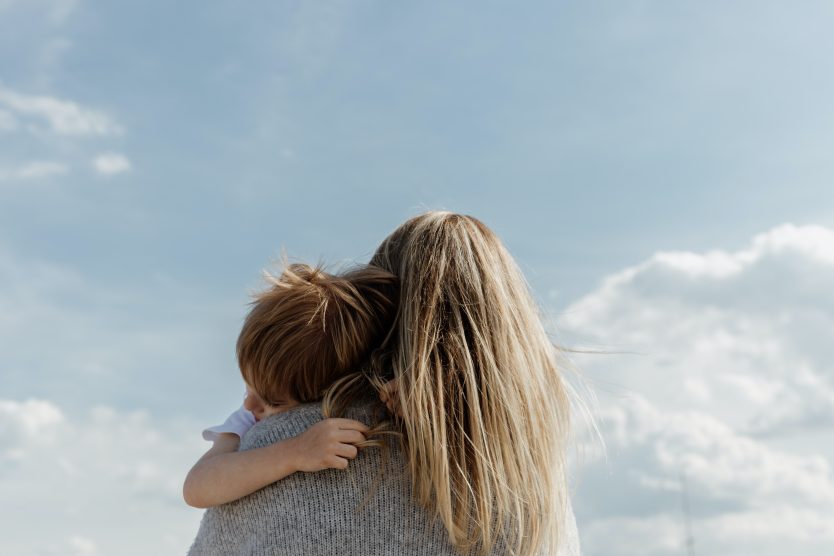Becoming a parent is a major life changing event, and some women struggle to adapt following the birth of a child.
Even experienced mothers find it stressful to balance raising children, looking after the household, possibly working full time, and finding time for themselves. But mental health is as important as physical health, so it’s vital to look after yourself, however many children you have of any age.
Here are some important facts about mental health and motherhood.
It’s Okay Not to Be Okay
Parenthood is a major biological, social and environmental life change, and the result is often concerns about mental health.
In one study of over 3000 men and women, evidence was found that mothers who had a greater number of children by the time they turned 30 were at a substantially increased risk of a wide range of mental health disorders compared to women with no children. Having their first child at a younger age was also a risk factor for mental health disorders, and the risk of mental health disorders was not replicated in fathers.1
However, researchers could not be clear about the connection, since women who go on to have many children also appear to start off at greater risk of mental illness. Mental health symptoms seem to become worse over time as women have more children.1
This does not mean that having children is a direct cause of mental health disorders. What’s important is looking after your mental health, whether you’ve just had your first child or you’re raising a group of teenagers.
Look After Yourself
It’s easy to get caught up in looking after everyone else, but it’s important to look after yourself too. Self care is not an indulgence, and when it comes to mental health, it should be a priority.
Self care looks different for everyone, but here are some ideas to support mental health and motherhood:2
- Connect with other moms, for support and guidance.
- Make time for yourself to do something you enjoy. That can be as simple as a hot bath without interruption, a walk outside, or a gentle yoga session.
- Ask for help. Don’t think you can—or should—do everything on your own. Reach out to your partner, a family member or friend to help with errands, babysitting, or to simply allow you to talk to another adult.
- Rest when the baby rests, since sleep is just as important for you as it is for the baby.
Seek Help
Some women experience what’s often called “baby blues” not long after giving birth to a child. Mood swings, crying spells, anxiety and difficulty sleeping are experienced by many women.3
But if your sadness is more serious, it could turn into a more severe form of depression known as postpartum depression or peripartum depression—because it can start during pregnancy and continue after childbirth. Postpartum depression is not a character flaw or a weakness, and prompt treatment is key. Seek help if you’re experiencing a lasting depression or having trouble bonding with your baby.3
Find A Doctor
If being a mom is overwhelming, or you start to feel like you may be suffering from depression, seek medical attention at once. The prevalence rate of postpartum depression is anywhere from 9 to 17% among mothers, so you’re not alone.4 Use our Physician Finder to find a doctor near you who can help.
















